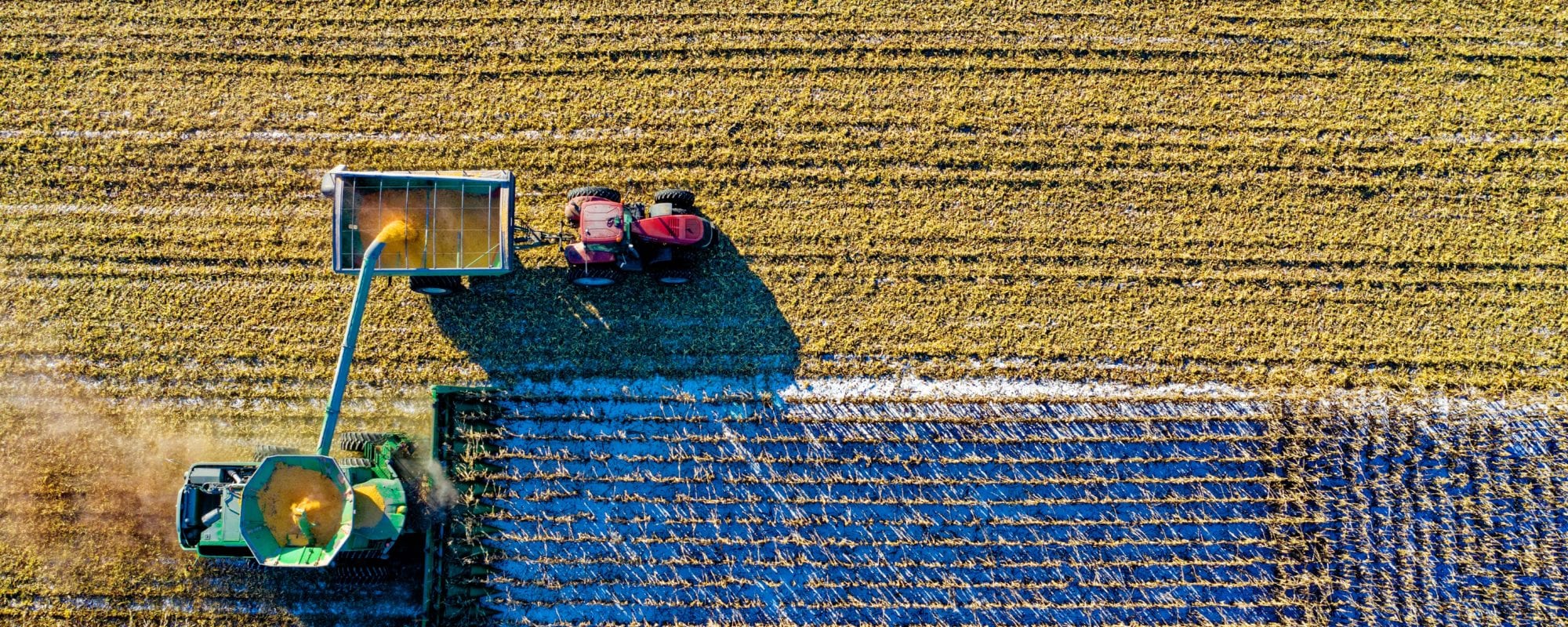“What’s the life of a farmer like?” I asked.
“How much time have you got?” he replied, taking a deep breath.
A conversation with two elderly farmers from a rural town in Saskatchewan.
“When you’re a farmer, you’re at the mercy of everything. Everything. The government changes their trade policies all the time, and we’re left to deal with the bullshit. Weather dictates everything. We can’t control the weather.”
When they started farming in 1975, a bushel of durum wheat was $6.50. Today, it’s exactly the same price: $6.50. “My first truck cost me 1,000 bushels [of wheat]. Now, it would cost over 20,000 bushels [of wheat].” And your bills keep adding up. “When my grandparents came here and started the farm in 1908, there were no bills to pay. Every farm had their own garden and animals, and you ate what you grew. Now, you have electricity bills, phone bills, cell phone bills, television bills, natural gas bills, internet bills, and equipment lease bills. You profit around $20 per acre and we have a 1,000-acre farm. And you sell only once a year.”
He continued, “You could have a family on $20,000, but not anymore. That’s why most farmers have a job, as well. I worked at a food processing factory for 26 years, retired a few years ago, and now, I only farm. Some farmers have doubled down on farming and got bigger and bigger farms. But it’s a very risky business. If you get a bad year or drought or flood, you’re screwed. Some people lose their farms on that.”
His wife interrupted and said, “You wanna hear what’s really upsetting? Farmers’ got a thumb pushing down on them, all the time. In 2010, when the big flood happened, the government gave the farms $5,000 and increased the buying price by 20%. Literally, the next day, chemical companies, equipment leasing companies, all the suppliers increased their prices exactly by 20%. You just cannot catch a break. You just cannot catch a break.”
“You either need another job, or you just need to have a bigger and bigger farm. So, as the farms get bigger, fewer people live in the town, and with fewer people in the community, it’s hard to get anything done. Fundraisers, community stuff, potlucks and get-togethers, we still do all of them, but with fewer people, so it’s much harder to do them. When I was in school, the school bus would be full. Every mile or two, there would be a family. Not anymore. At some point, giant companies will buy out all the farms and they’ll control all the food.”
“Farming isn’t valued. People are too removed from where their food comes from. We feed the world. I mean, you make twice more money farming seeds for birds. Farming for pet birds has more value than farming for people.”
At this point, they asked me why I was in their town. I told them I taught environmental sustainability, technology, and problem-solving skills to students. I told them about 3% Project, and how I’m going from coast to coast talking to students about sustainability.
“What’s the one thing you want to say to high school students in the big cities? We always hear that we need to thank farmers, but no one knows what that really means.”
“That’s a lot of pressure!” they said, laughing.
We kept tossing ideas back and forth. In the end, a message emerged: “Capitalism doesn’t work for the little guys anymore.” They still agree that capitalism is the best way to efficiently allocate resources, but it’s unfair to those who work as farmers and miners and fishermen. The simple fact that crops are not properly paid implies that their work is unvalued.
They told me they enjoyed their conversation with “someone who’s interested in the life of a farmer and listening to us.” We shook hands and said goodbye.
Canada is really such a big and diverse place. So many different types of people. Just in Alberta, you have oil and gas in Lethbridge. Financial workers for oil and gas in Calgary and Edmonton. Oil and gas mines in northern Alberta. You have Indigenous peoples scattered across the country who hunt. Diamond and mineral mines in the Northwest Territories. Children from a long line of European settlers. Children of immigrants born and raised here.
The farmer’s story is a reminder that climate change isn’t the only problem that our generation needs to solve. But, I believe that by equipping our generation with the necessary tools to solve climate change, it will create a master blueprint to help solve all the others.

